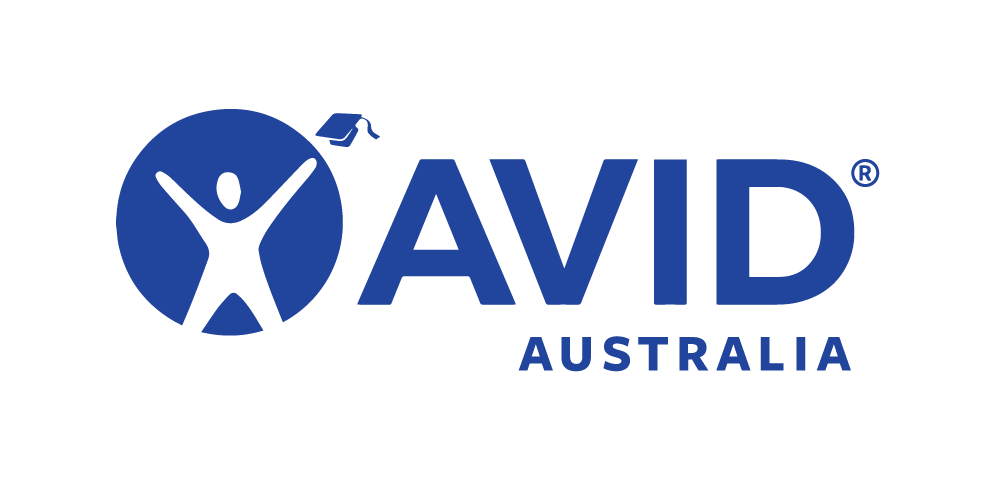The Food Science and Technology General course provides opportunities for students to explore and develop food-related interests and skills. Food impacts on every aspect of daily life and is essential for maintaining overall health and wellbeing. Students organise, implement and manage production processes in a range of food environments and understand systems that regulate food availability, safety and quality. Knowledge of the sensory, physical, chemical and functional properties of food is applied in practical situations. Students investigate the food supply chain and value-adding techniques applied to food to meet consumer and producer requirements. Principles of dietary planning, adapting recipes, and processing techniques, are considered for specific nutritional needs of demographic groups. Occupational safety and health requirements, safe food handling practices, and a variety of processing techniques, are implemented to produce safe, quality food products. This course may enhance employability and career opportunities in areas that include nutrition, health, food and beverage manufacturing, food processing, community services, hospitality and retail.
Prerequisites:
There are no prerequisites however previous success in Year 11 Food Science Technology (General) is advantageous.
Syllabus:
The Year 12 syllabus is divided into two units which are delivered as a pair. The notional time for the pair of units is 110 class contact hours.
Unit 3 – Food Science
This unit explores the societal, lifestyle and economic issues that influence food choices. Students research the effect of under-consumption and over-consumption of nutrients on health and investigate a range of diet-related health conditions that affect individuals and families.
Using scientific methods, students examine the functional properties that determine the performance of food and apply these in the planning and preparation of food products and processing systems.
Students develop their expertise with technology and communication skills to implement strategies to design food products and processing systems. They select resources to meet performance requirements and use evaluation strategies to monitor and maintain optimum standards. Students follow occupational safety and health requirements, implement safe food handling practices and use a variety of foods and processing techniques to produce safe, quality food products.
Unit 4 – The undercover story
This unit focuses on food spoilage and contamination and explores reasons for preserving food. Students investigate food processing techniques and the principles of food preservation. They examine the regulations which determine the way food is packaged, labelled and stored and how the principles of the Hazard Analysis Critical Control Point (HACCP) system are administered and implemented to guide the production and provision of safe food.
Students investigate the food supply chain and value-adding techniques applied to food to meet consumer and producer requirements. Food choices are often determined by location, income, supply and demand and the environmental impact of food provision. Students examine influences on the nutritional wellbeing of individuals that arise from lifestyle and cultural traditions. They implement principles of dietary planning and adapt recipes and processing techniques when considering specific nutritional needs of demographic groups.
Students apply the technology process to address a product proposal and produce a preserved food product. They justify the equipment, resources and processing techniques used, and evaluate sensory properties. Students show the use of the preserved food product in another food product.
Assessments:
Investigation: 30%
Production: 40%
Response: 15%
Externally Set Task: 15%
Pathways:
This course enables students to connect with further education, training and employment pathways and enhances employability and career opportunities in areas that include nutrition, health, food and beverage manufacturing, food processing, community services, hospitality, and retail.
More Information:
For further information regarding this course click here.












